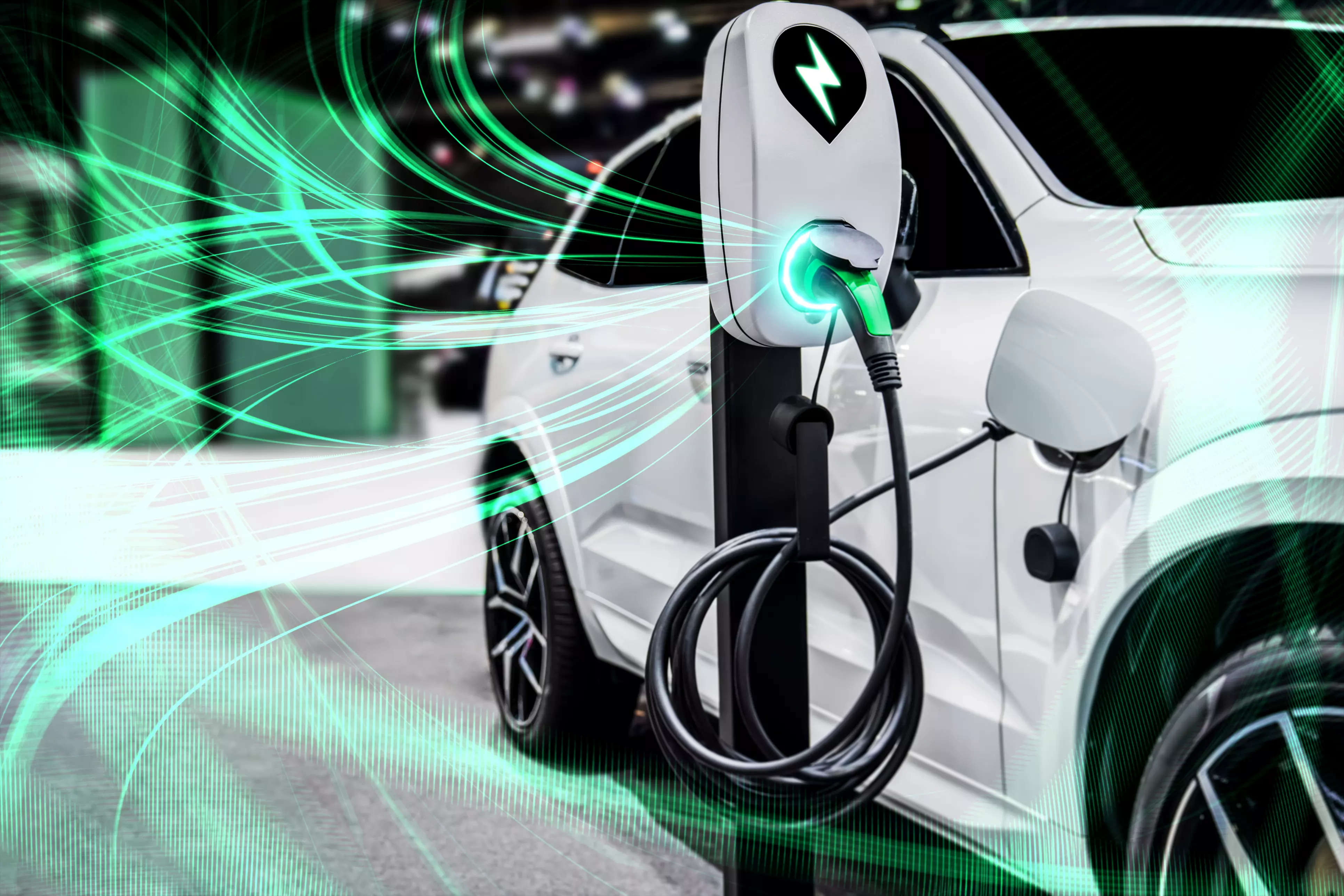Electric cars have revolutionised the automotive industry in recent years. The growing awareness of environmental concerns, combined with advances in technology, have driven the adoption of electric vehicles.
In this article, we’ll explore some of the most important aspects of electric vehicles, including their impact on the environment, technological advancements, and challenges and opportunities.
Environmental Impact:
One of the main reasons for the rapid growth of electric cars is the growing awareness of environmental sustainability. Internal combustion engine vehicles (ICVs) are responsible for a lot of air pollution and GHG emissions. EVs, however, provide a cleaner and greener alternative. EVs run on electric power and don’t produce any tailpipe emissions. This helps to reduce air pollution and mitigate the effects of climate change.
But electric vehicles (EVs) aren’t 100% clean. The manufacturing process for batteries, an essential part of EVs, involves mining and processing minerals. To address these issues and make EVs more eco-friendly, efforts are being made to develop cleaner battery technologies and more sustainable recycling methods.
Technological Innovations:
Electric vehicle (EV) technology, especially battery technology, has made incredible advances. The energy density of lithium-ion batteries, widely used in electric vehicles, has increased dramatically. This has led to a decrease in the need to charge electric cars and an increase in the choice of electric cars. Researchers are also exploring alternative battery chemistry, including solid-state battery technology, which promises even higher energy density and safety.
In addition, electric vehicles are at the cutting edge of autonomous driving. Many electric cars are equipped with sophisticated DAS (Driver Assistance Systems) that will eventually lead to fully autonomous vehicles. Not only does this technology improve the driving experience, but it also helps improve road safety.
Challenges and Opportunities:
Despite the many benefits of electric vehicles, there are a few obstacles that stand in the way of their widespread use. Range anxiety is the fear that you’ll run out of battery before you get to a charging station. This is a major concern for prospective EV owners. To overcome range anxiety, charging infrastructure needs to grow and faster charging technologies need to be developed.

In addition, the cost of electric vehicles (EVs) continues to be one of the biggest challenges for consumers. The cost of EVs is going down, but it’s still not affordable for many people. While government incentives and subsidies play an important role in making EVs more affordable, there’s still a lot of work to be done to bring EV prices down to where they are with traditional vehicles.
At the same time, these challenges also offer opportunities for growth and innovation. The demand for electric vehicles (EV) has stimulated R&D investments that have led to new battery technologies, savings and efficiencies. With these advances, competition in the electric vehicle market is expected to increase, driving innovation and making electric vehicles more attractive to a greater number of consumers.
The Future of Electric Cars:
Electric cars have a bright future ahead of them, with many leading manufacturers pledging to electrify their fleets. Across the globe, governments are setting ambitious goals to phase out the use of internal combustion engines in favour of EVs. As technology advances and economies become more efficient, electric car prices will continue to drop, making them more affordable for a wider range of consumers.
To sum up, electric cars are a game-changer for the automotive industry. They provide a cleaner, greener, and more sustainable way to get where we need to go. Technological advances and ongoing efforts to solve problems are driving the electric revolution. As more and more electric vehicles make their way onto our roads, they are making a significant contribution to a greener, more sustainable future.
Integration with Renewable Energy:
Another factor that will determine the future of electric vehicles is the integration of electric vehicles with renewable energy. As the world moves towards cleaner energy sources, electric vehicles will play an important role in promoting the development of renewable energy sources. Smart charging that optimises the use of renewable energy sources like solar and wind will become increasingly common. This integration between electric vehicles and renewables is in line with the larger objective of achieving a carbon neutral transportation system.
V2G innovations also highlight how electric cars can contribute to grid stability. Electric vehicles act as mobile storage units that feed excess electricity into the grid at peak demand times. Not only does this bidirectional energy flow benefit the grid, but it also provides economic benefits to EV owners.
Increased Market Competition:
As more and more automakers commit to electrifying their fleets, the competition in electric cars is intensifying. This competition drives innovation and forces manufacturers to develop new models with better features, longer range and more attractive models. As consumer choices increase, the electric car market is evolving beyond niche offerings to meet a wide range of preferences and needs.
The emergence of new players in the electric vehicle market, such as tech companies, accelerates innovation. They bring new ideas and cutting-edge technology to the market, creating a more dynamic and competitive environment. Consumers benefit from this healthy competition, as electric vehicles become more affordable, with more advanced features and better performance.
Conclusion:
The electric revolution is ushering in a new era for the auto industry. From eco-friendly benefits to cutting-edge technology, electric vehicles (EVs) are redefining the way we travel. While challenges remain, ongoing work to overcome them is setting the stage for an electrified future where EVs are at the core of a sustainable and environmentally friendly transportation system. With the electric revolution gaining momentum, the road to a cleaner, greener automotive future is now open.




